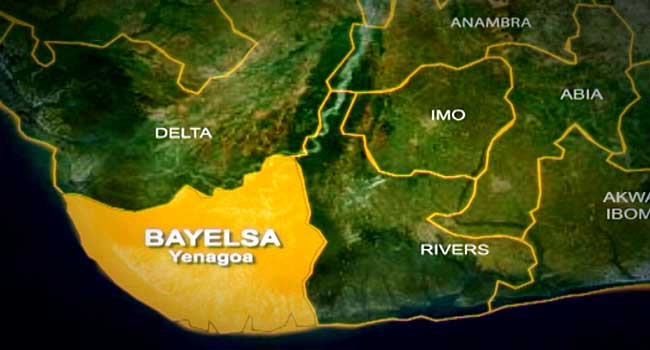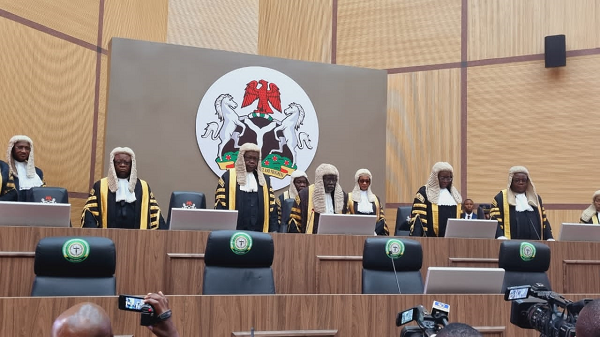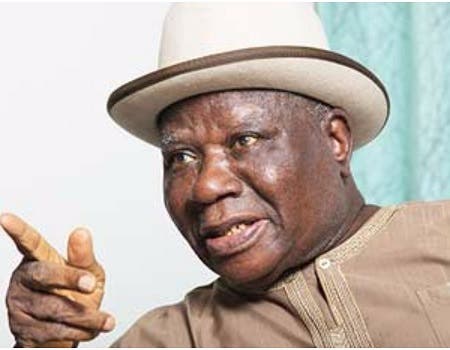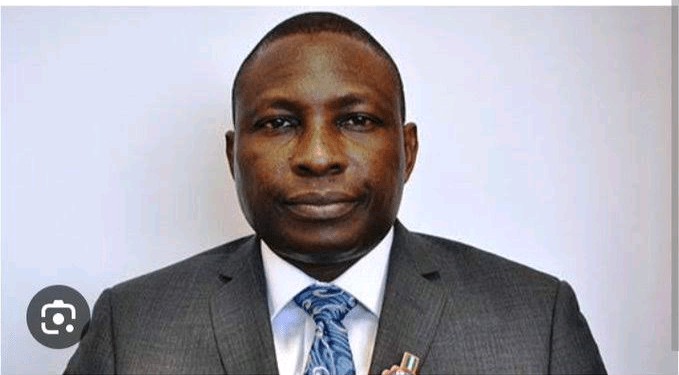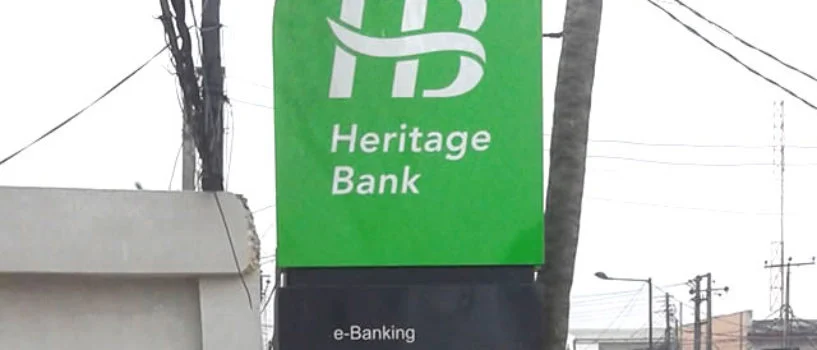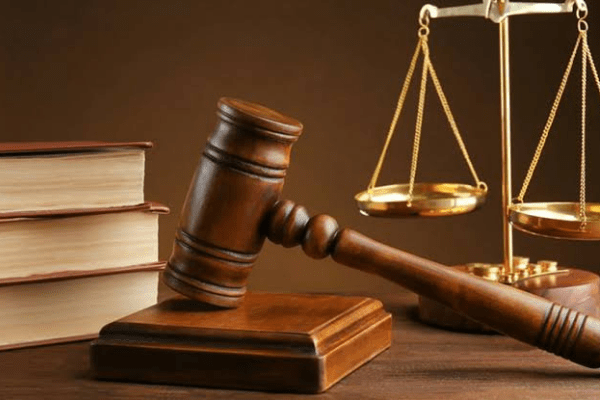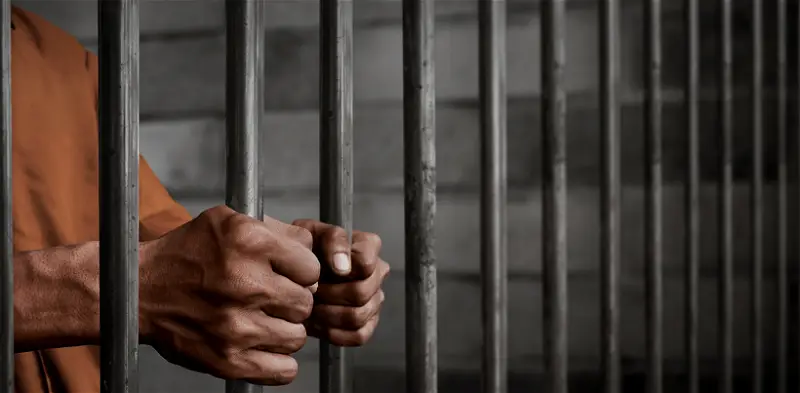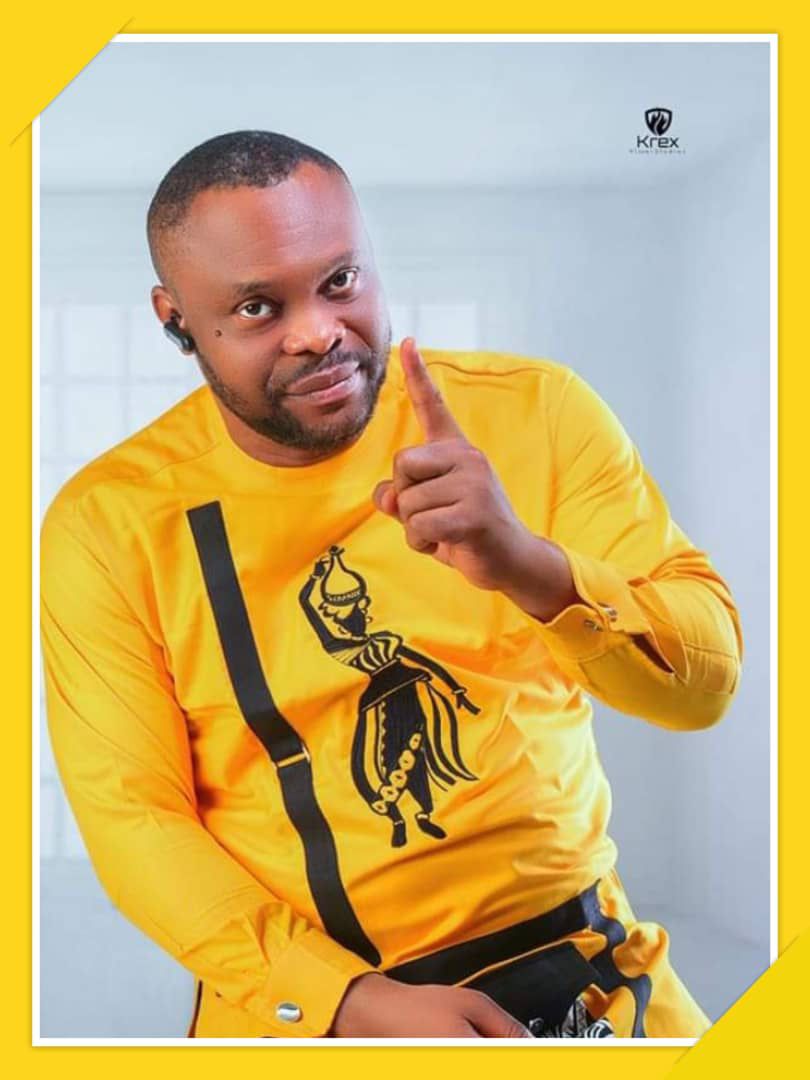South Africa’s ANC Strikes 11th-Hour Deal To Form Government
South Africa’s long-standing ruling ANC said Thursday it has reached an agreement with several other parties to form a coalition, after failing to win an outright majority in May’s general election. Speaking on the eve of the first sitting of the newly-elected parliament, party secretary general Fikile Mbalula said the government would “gravitate to the centre”, after leftist parties shunned the deal. “We have reached a breakthrough on the common agreement that we need to work together,” Mbalula told a news conference. The agreement means President Cyril Ramaphosa is likely to be appointed for a second term when lawmakers convene in Cape Town on Friday. Mbalula described the coalition as a national unity government and said it was to include the centre-right Democratic Alliance (DA), the Zulu nationalist Inkatha Freedom Party (IFP), the small centre-left United Democratic Movement, and right-wing Afrikaner Freedom Front Plus (FF+). The radical leftist Economic Freedom Fighters (EFF) was left out as talks with the party led by firebrand politician Julius Malema did not bear fruit, Mbalula said. Graft-tainted former ANC president Jacob Zuma’s electoral vehicle, the uMkhonto weSizwe (MK) party, which came third in the election, also does not back the coalition. Mbalula said discussions with the party would continue, but the MK has denounced the election’s results and its 58 MPs plan to boycott parliament. Other small groups, including Muslim party Al Jama-ah, centre-left Rise Mzansi and the minority National Coloured Congress had agreed to join, but with reservations, he added. ‘Imperialism’ and ‘backwardness’ For 30 years since the advent of post-apartheid democracy, the late Nelson Mandela’s ANC has held an absolute majority and elected a president from its own ranks. But the former liberation movement — weakened by corruption and poor economic performance — saw its support collapse at the May 29 election, leaving it with only 159 seats. In South African elections, the president is chosen from among MPs through a secret ballot of the 400-member National Assembly. He or she then has to choose ministers to form the executive government in Pretoria. Mbalula said the ANC “invited everybody to participate” in the government. But bridging differences between white-led, free market DA and its 87 MPs and the EFF, with 39 seats and a plan to nationalise land and businesses, seems to have proved impossible. At a news conference Thursday, Malema, a former ANC youth leader, said his party was not against a broad coalition and would have voted for the ANC candidate for president if they were promised the speaker or deputy speaker position. But he denounced the idea of joining hands with the DA and the FF+. “That represents imperialism, represents racism and white supremacy, represents backwardness,” he said. Millionaire businessman A former trade unionist turned millionaire businessman, Ramaphosa, 71, first came to power in 2018 after Zuma was forced out under the cloud of corruption allegations. Once described by Mandela as one of the most gifted leaders of his generation, Ramaphosa played a key role in the negotiations that brought an end to apartheid in the early 1990s. Upon taking the reins of the country, he promised a new dawn for South Africa. But critics say he has disappointed. Under his watch unemployment has reached an almost record high, pushing the ANC towards its worst election result ever. The party’s latest tilt towards the centre, with a coalition supported by centre-right and right-wing groups, might further hamper his popularity, particularly among ANC ranks. The broad-church party is a progressive outfit of the left that has overseen welfare and economic empowerment programmes for poor, black South Africans. As coalition talks were ongoing, the prospect of an alliance with the DA caused division and malcontent among cadres and observers believe some ANC lawmakers might vote against him on Friday, under cover of the secret ballot. AFP


